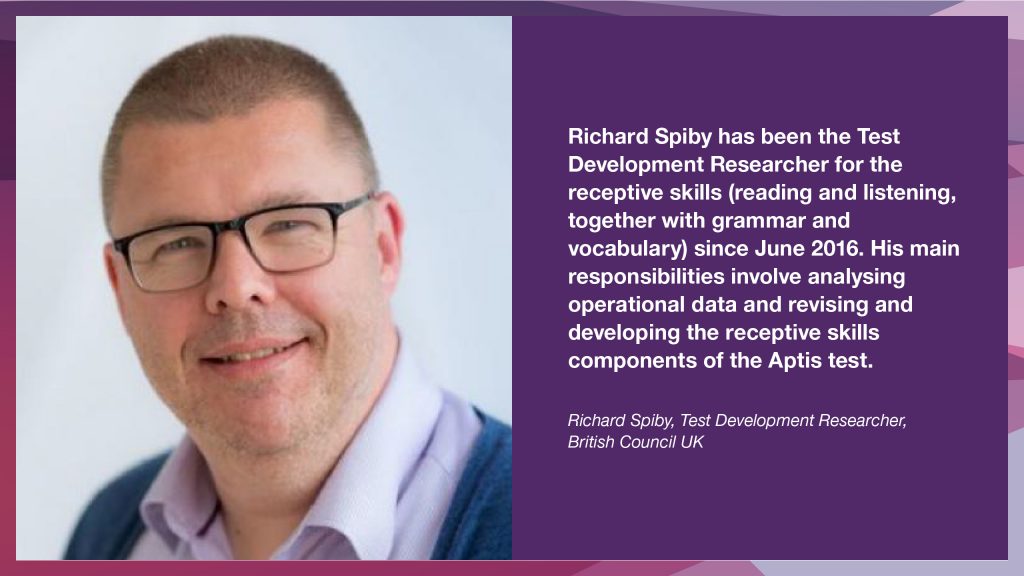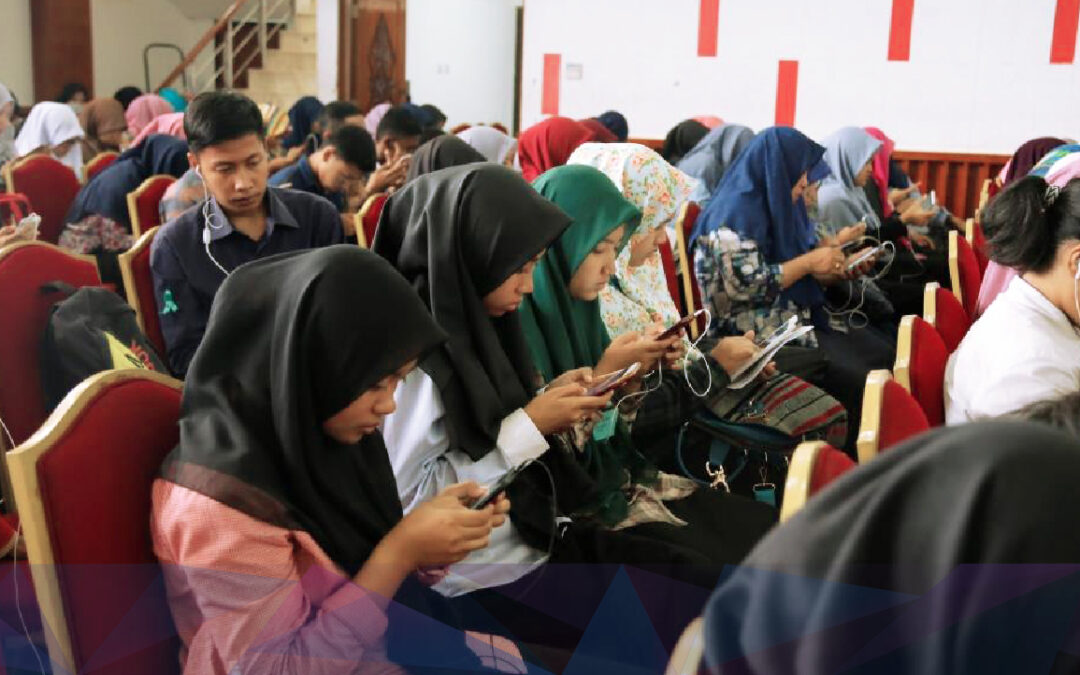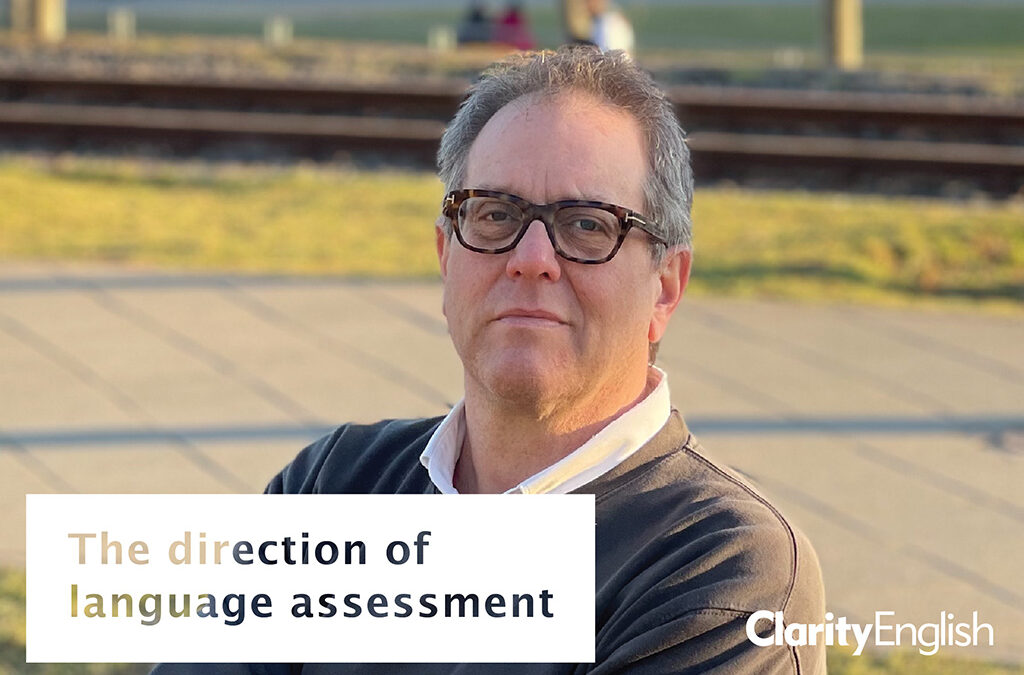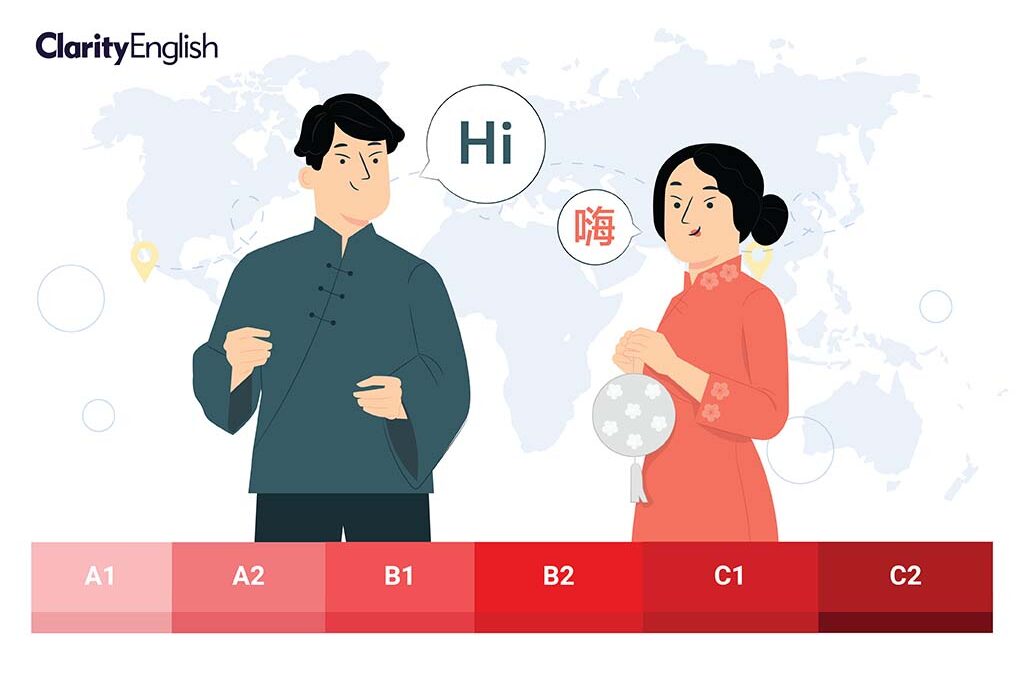How do Clarity’s programs get to your student’s phones, and what does a database in the Cloud look like? What makes the system reliable and why is Clarity upgrading?
Search results

Teaching to the test or teaching to the construct? How the CEFR supports teaching, testing and learning
In this interview, Adrian Raper talks to Richard Spiby from the British Council on CEFR and the importance of teaching to the test construct.

Setting up a level test: challenges and solutions
When Clarity and telc first conceptualised the Dynamic Placement Test, a key objective was to devise a democratic test — a computer-based level test available to schools whatever their digital setup. At the same time, we didn’t want to compromise on the technology: it needed to be a test that went well beyond multiple choice questions and gap fills. So within these constraints, the team prioritised three areas.
ClarityEnglish and Flash
What is Clarity’s policy for supporting and replacing Flash-based programs?

Cheating and the Dynamic Placement Test
Can a test run on a student’s device ever be secure? What’s to stop a test taker looking up the answers on the Internet? What, in fact, does ‘secure’ mean in the context of a placement test?

‘I’m sorry to say at the moment people don’t take tests for fun.’
Sean McDonald of telc catches up with Adrian Raper at the IATEFL Conference in Glasgow. He discusses his philosophy of testing, and the steady move from paper-based exams towards digital language assessment.

A CEFR for China?
The Common European Framework of Reference for Languages (CEFR) was originally developed for Europe, but the ‘can do’ statements have global application. After all, the ability to ‘understand simple technical information, such as operating instructions for everyday...
